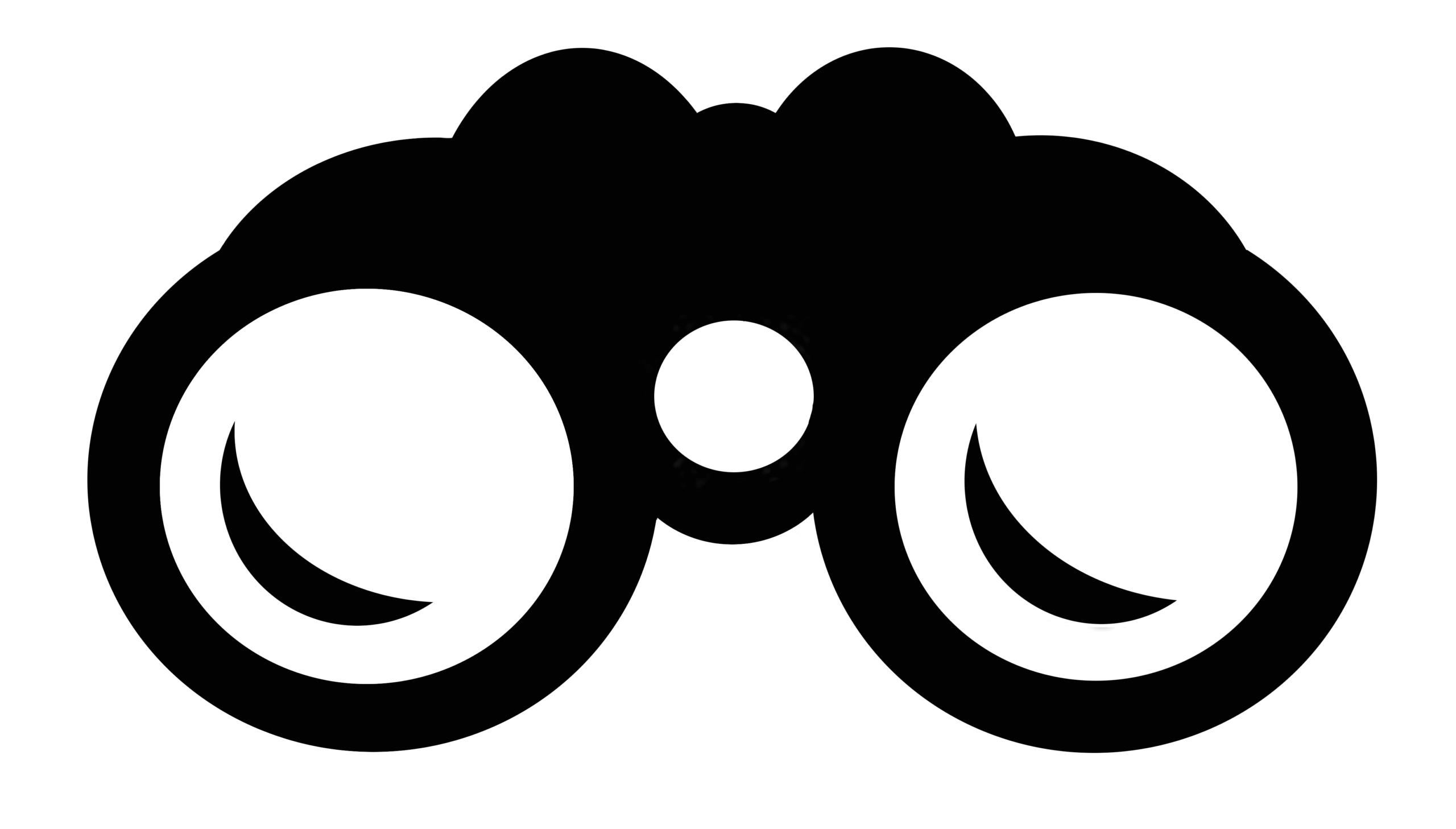While going further into studio-based research techniques, I learned that social designers — or any other designer for that matter — must not compromise on ethical considerations when carrying out research. Ethics, in my opinion, should be the fundamental pit stop of any design thinking journey since, without them, who are we to create for the people or the ecosystem? Recognising that real-world experiences and lives are the source of data is a fundamental component of design research. Over the last two weeks, we have been learning how to make sure that our research is being carried out in an ethical and transparent way. We studied about IRBs and other organisations that protect the rights and values of participants and make sure they (the researchers) are held accountable.
Reflecting further on the readings and discussions, I would want to offer some guiding principles for myself and my team to keep each other in check through this process. One of the most important aspects of ethical research is showing respect and empathy for the people involved. While technical guidelines help maintain accountability, it’s crucial to remember that participants are real people with emotions, needs, and experiences. Researchers should listen attentively, understanding the reasons behind what participants say, feel, and sense. Secondly, designers should regularly and thoughtfully reflect on the hows, whats, whys, and what-ifs of their design process. While at times some research methods might be well- intentioned, they might not align with the sentiments of the participants. It’s important for them to be self-reflective and create research methods that are open to all perspectives. Thirdly, when using human-centered research methods, it’s important to respect boundaries. While you may have deadlines and specific outcomes in mind, research results can sometimes surprise you, so be prepared for the unexpected and avoid probing participants too much.
Lastly, respect the ecosystem we are all a part of. Frame your research with questions, activities, behaviours, and pattern analysis that aim for broader goals and outcomes. Keep the bigger picture in mind when considering ethics, as this world includes more than just individual humans.



